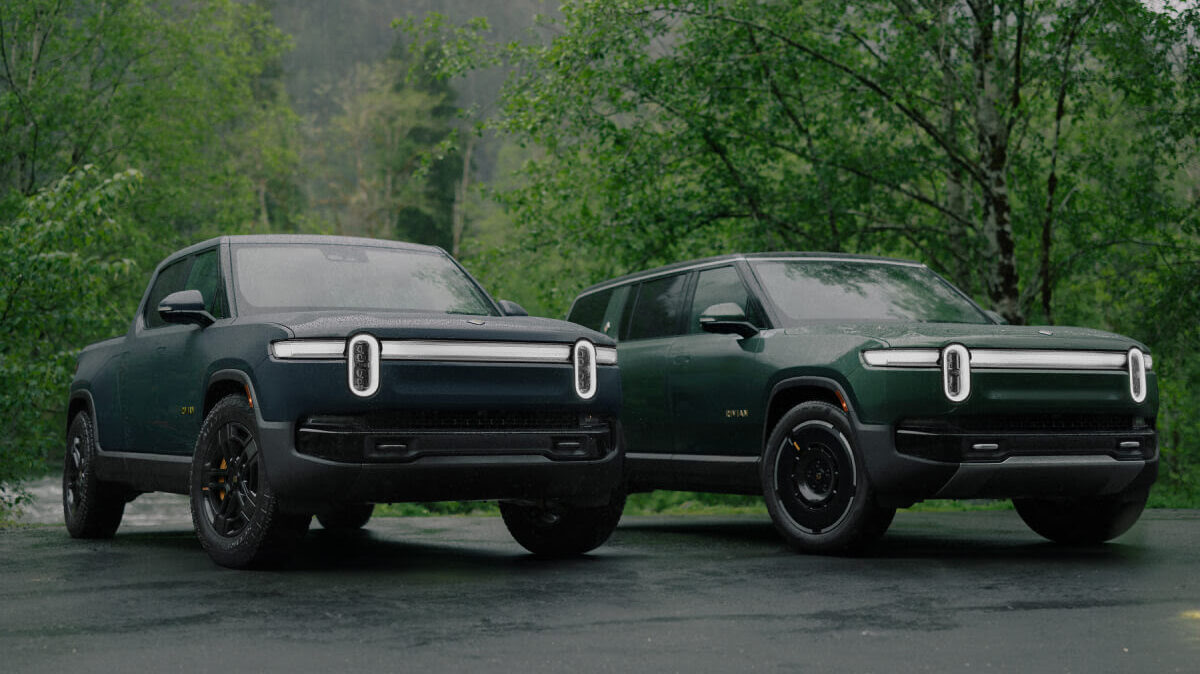In June 2024, Rivian introduced the second-generation versions of its flagship models, the R1T pickup truck and the R1S SUV. These updated models bring significant advancements in performance, technology, and design. The new R1 platform offers increased power and range, featuring Tri-Motor and Quad-Motor configurations. The Quad-Motor R1T, with 1,025 horsepower, can accelerate from 0-60 mph in less than 2.5 seconds and delivers 1,198 pound-feet of torque using Launch Mode. These motors, now designed and manufactured in-house, enhance the vehicle’s performance and efficiency. Rivian has introduced new large and max battery packs with redesigned modules that offer up to 420 miles of range. For those prioritizing cost, the latest lithium iron phosphate-based Standard pack provides up to 270 miles of range.
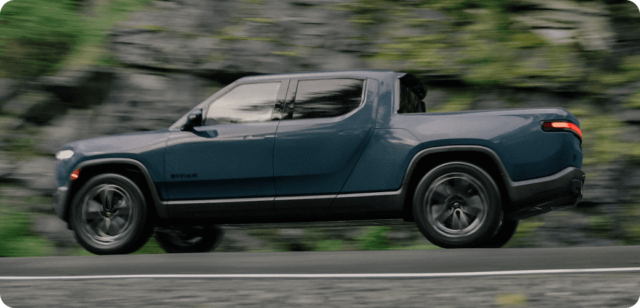

The second-generation R1 vehicles feature a completely new electrical and compute platform, reducing the number of ECUs from 17 to 7 and removing 1.6 miles of wiring from each vehicle. This new architecture supports Rivian’s in-house developed autonomy system, the Rivian Autonomy Platform, which includes 11 cameras, five radars, and advanced AI prediction technology. This system offers 360-degree visibility, high-resolution camera Blind Spot Monitoring, Highway Assist, and Lane Change on Command. The premium Rivian Autonomy Platform+ will include Enhanced Highway Assist and expanded road coverage later this year.
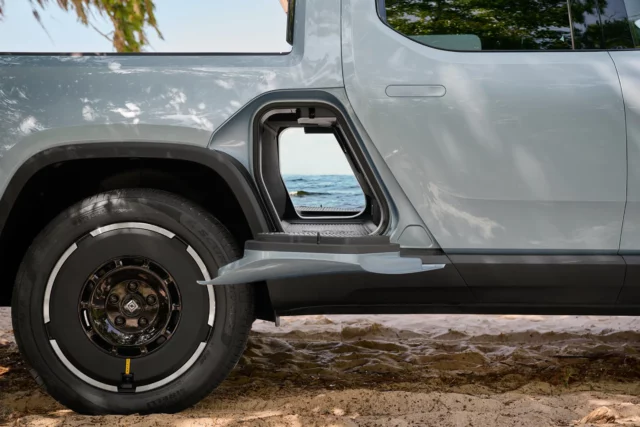
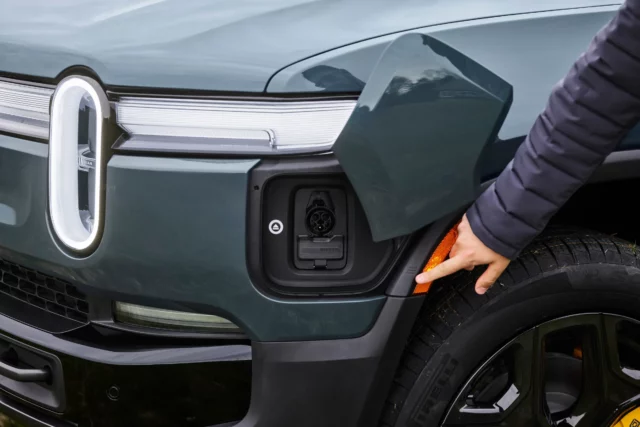



The new generation R1S and R1T models also introduce several user-centric features. These include the ability to use digital car keys via Apple Wallet and select Google Pixel devices, a new Rivian-developed sound system with Dolby Atmos, and Connect+, a subscription service offering streaming video and access to over 3,000 apps. The vehicles now feature a Dynamic Glass Roof that can be electronically tinted, customizable interior lighting, and a redesigned software user interface powered by Unreal Engine.

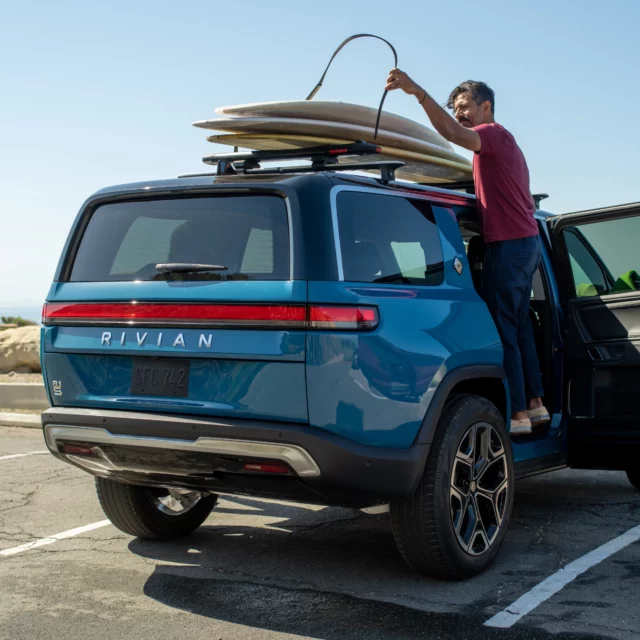

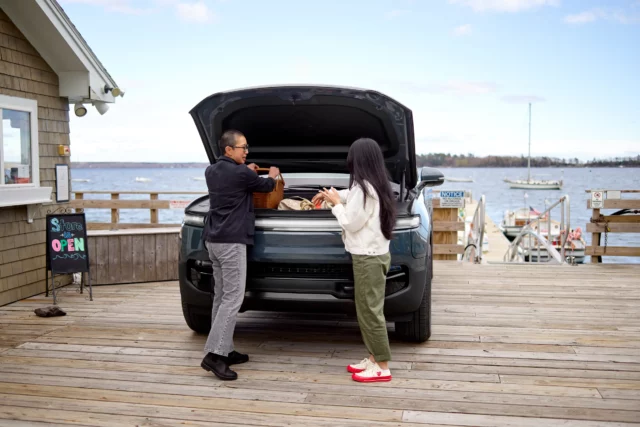
The vehicles are claimed to achieve a 15% lower lifetime carbon footprint compared to the first-generation models, thanks to improvements in manufacturing efficiency and materials supply chain. The new electrical architecture not only reduces manufacturing costs but also significantly lowers CO2 emissions.
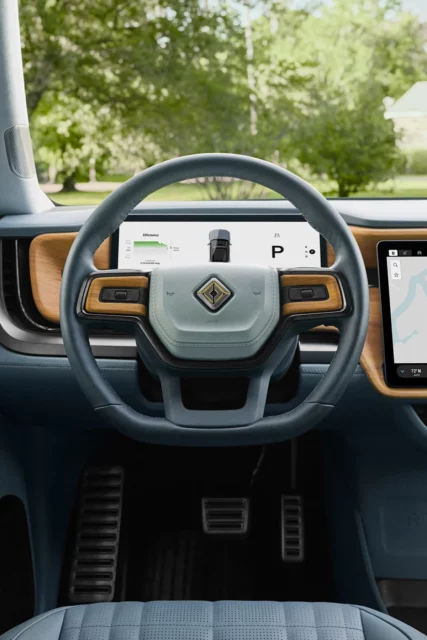

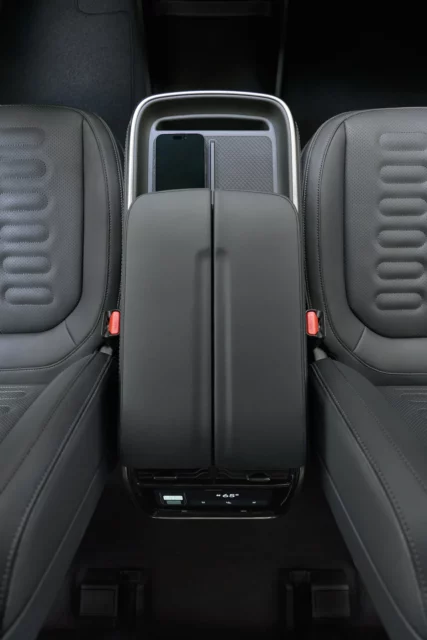
The second-generation Rivian R1S starts at $75,900, while the R1T begins at $69,900, reflecting increases over previous models’ base prices of $70,000 for the R1S and $67,500 for the R1T. Production is based in Rivian’s facility in Normal, Illinois, with deliveries said to be available immediately.
Read More:
GoFastCampers Launches Camper and Bed Cap for Rivian R1T
Rivian Launches the R1S TRI SUV
Front Runner Launches Rivian Roof Rack Kits
Rivian Unveils Trio of Electric Vehicles: R2, R3, and R3X
Our No Compromise Clause: We do not accept advertorial content or allow advertising to influence our coverage, and our contributors are guaranteed editorial independence. Overland International may earn a small commission from affiliate links included in this article. We appreciate your support.


